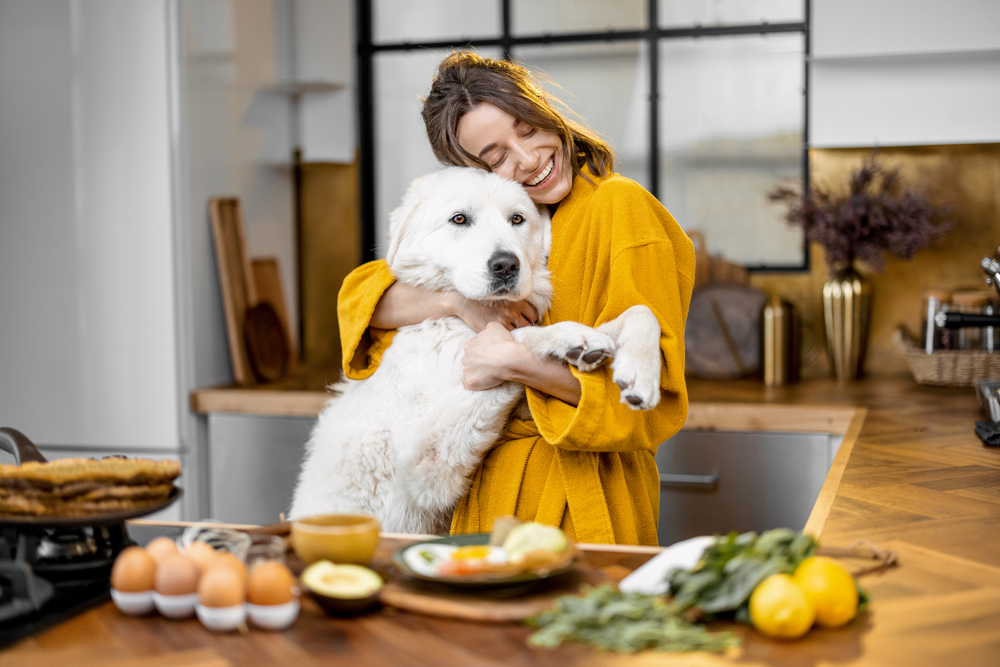
The appeal of homemade dog food lies in its freshness and the ability to control what goes into your dog's diet. You can eliminate preservatives, artificial colors, and flavors, which are common in many commercial dog foods. However, it is crucial to understand the nutritional needs of your pet before switching to homemade meals entirely.
Factors to Consider When Preparing Homemade Dog Food
Preparing homemade dog food isn't as simple as throwing together some leftovers from your dinner. There are several factors to consider to ensure your pet gets a balanced diet. One of the most important factors is understanding the nutritional needs of your dog. Different breeds have different dietary requirements, and these also change with age, size, and health status of the dog.
Another important consideration is the quality of ingredients used. Just like humans, dogs need a diet rich in proteins, carbohydrates, vitamins, and minerals. Therefore, it's essential to use fresh and high-quality ingredients. Also, it's crucial to maintain a balance in the proportions of these ingredients to ensure your pet gets a balanced diet.
Is Homemade Dog Food Enough Nutrition?
Homemade dog food can be nutritious if prepared correctly, with appropriate ingredients and in the right proportions. However, it can also be deficient in some essential nutrients if not balanced properly.
Certain vitamins and minerals are vital for your dog's health, and their absence in the diet can lead to health issues. These include calcium, phosphorus, iron, zinc, and certain vitamins like B and D. It's also worth noting that while some foods are healthy for humans, they can be harmful to dogs. For instance, onions and garlic are toxic to dogs, and therefore should be avoided in homemade dog food.
How to Ensure a Balanced Meal for Your Dog at Home
Ensuring a balanced meal for your dog at home requires a good understanding of dog nutrition. The main components of a balanced meal include proteins, carbohydrates, fats, vitamins, and minerals. Lean meats like chicken, beef, or fish are excellent sources of proteins. Carbohydrates can come from grains like rice or pasta, while fats can come from oils or fatty meats.
Consulting a Veterinarian About Homemade Dog Food
Before making a complete switch to homemade dog food, it's crucial to consult a veterinarian. They can guide you on the appropriate diet for your dog, considering its breed, age, size, and health condition. A veterinarian can also guide you on the right proportions of different nutrients to ensure a balanced meal.
Another reason to consult a veterinarian is to understand any potential risks associated with homemade dog food. For instance, certain ingredients may be harmful to your pet, or your pet may have specific allergies or intolerances.
Conclusion
Homemade dog food can provide a wholesome and nutritious diet for your pet if prepared correctly. However, it requires a good understanding of dog nutrition, careful selection of ingredients, and proper preparation. Consulting a veterinarian is crucial to ensure your pet gets a balanced diet that meets all its nutritional needs.
To learn more on homemade dog food or to determine if your pet is getting enough nutrition, consult with our professionals at Springwood Veterinary Hospital at our office in Spring, Texas. Please call 281-370-3262 to schedule an appointment today.









